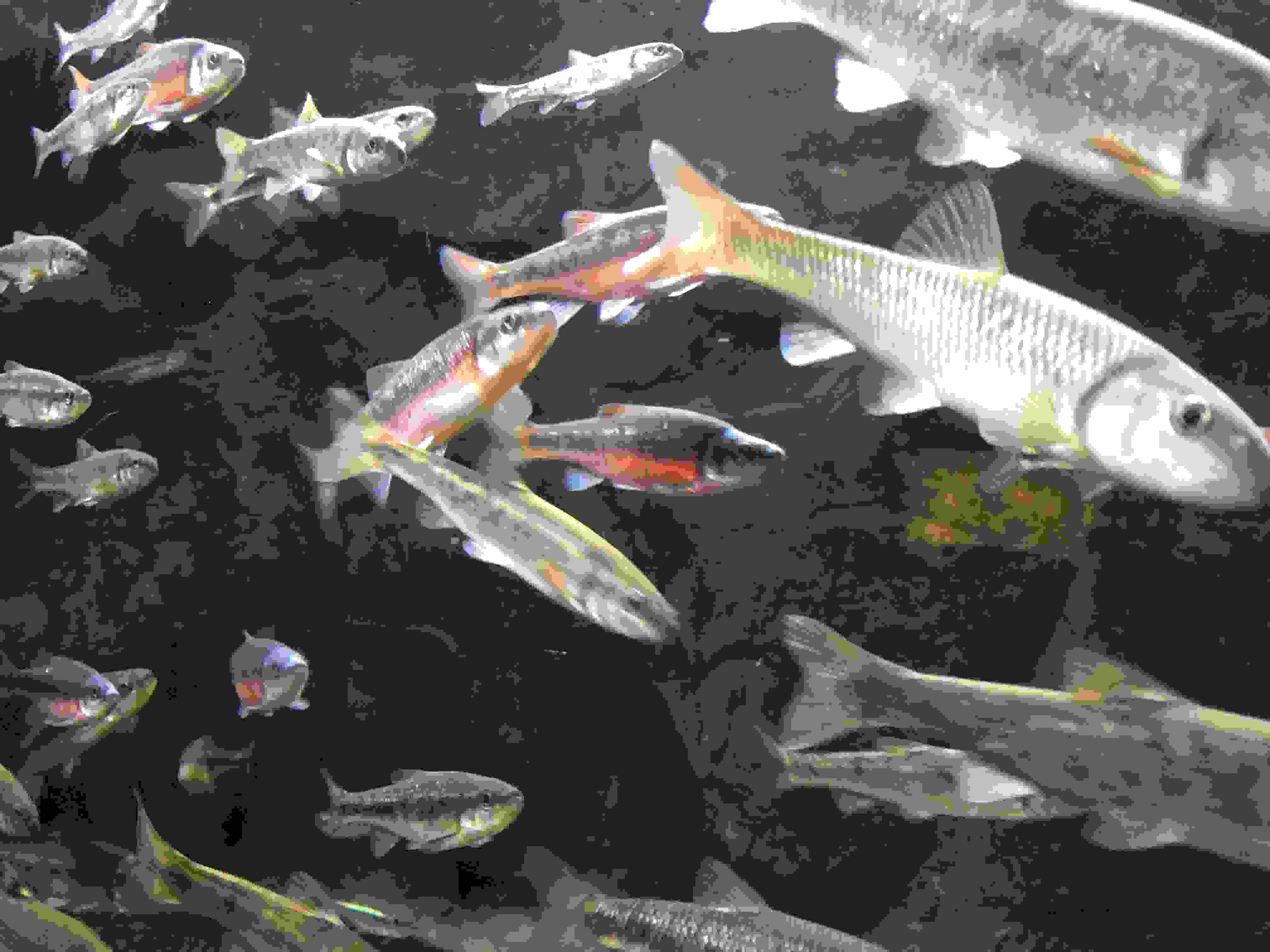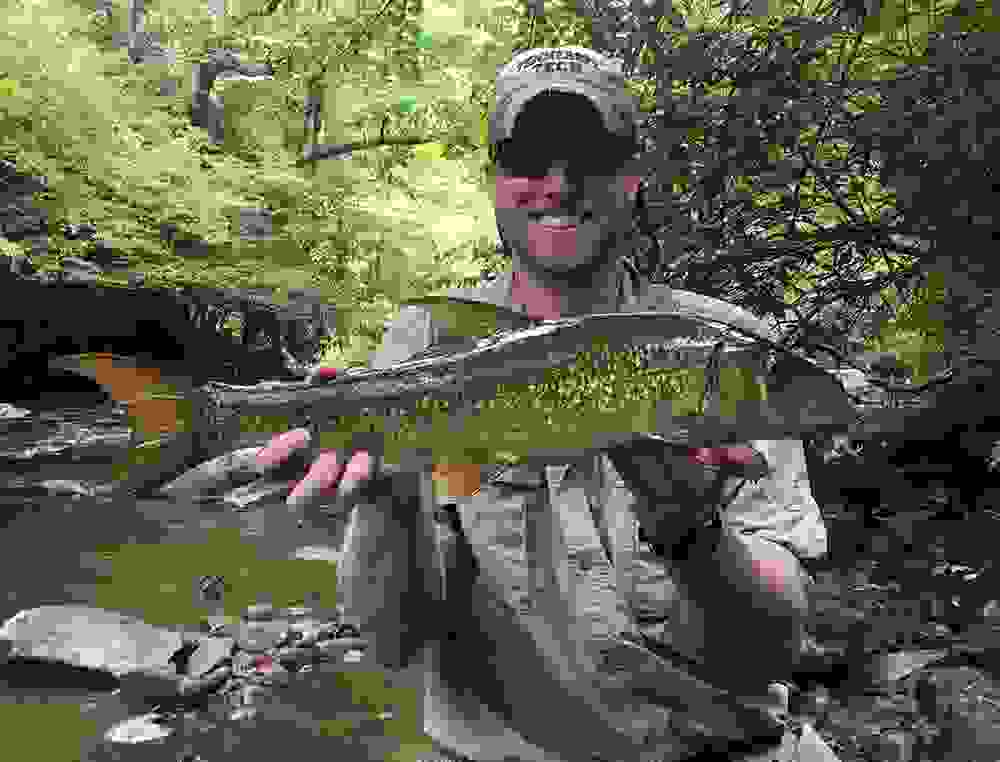Did you know that studying fish populations helps with understanding water management? Looking at the behaviors and patterns of organisms such as fish can give researchers a better perspective of how to manage water.
Dr. Joshuah Perkin, assistant professor in Texas A&M University’s Department of Wildlife and Fisheries Sciences and fish ecologist, is doing just that.
Perkin has been interested in fish and river ecology for as long as he can remember.
“I think for a lot of field ecologists, it probably started in our youth, and for me it definitely started then,” he said.
Perkin said his fascination with streams and fish populations was piqued on family vacations to the Devil’s River near Lake Amistad in South Texas. He then turned this fascination into a career.
After interning with the fisheries management office at Texas Parks and Wildlife Department in Abilene, he attended Texas State University where he received his bachelor’s in aquatic biology and master’s in aquatic resources. He then earned his doctorate in biology from Kansas State University.
Perkin spent the first years of his academic career at Tennessee Technological University as an assistant professor before joining Texas A&M this September. He immediately established his research lab, the Riverscape Ecology Lab.
Perkin said the term riverscape means thinking about how rivers change from very small headwater streams into larger streams.
“In my research, we think broadly across different ecosystems, and how fish populations and communities are structured by environmental templates in streams, rivers and reservoirs,” Perkin said.
He said the riverscape approach helps conquer the challenge of thinking about fish conservation and ecology on a larger scale.
Perkin said understanding water management in terms of fish needs could be applied to human management of water. For example, using research to look at ecological indicators or indicator species could be used to pinpoint water shortages for fishes that could be related to potential shortages humans face.
He said people and fish have a common need for water, and that supply is dwindling in some places.
“Using organisms such as fish that are embedded within the hydrologic cycle can give us some really strong insight to how we should be managing water for our own benefit,” Perkin said.

A benefit of working in Texas, Perkin said, is how the availability of water changes dramatically across the state.
For example, the amount of water available in West Texas and in East Texas varies drastically.
“If you start in West Texas, you are in an arid desert, and as you transition east, you basically end up in a pine forest,” Perkin said. “There are some things we can learn here that will help people in distant regions.”
Perkin said what he likes most about being at Texas A&M is the diversified interests within the faculty that extends to the international level, and people always wanting to get involved.
Thinking about the extent of his research, he is confident it can be taken beyond the borders of Texas to other states and around the world.
"I think about the trajectory of my research, what we have learned about riverscapes here in Texas and in the southern Great Plains and what this means for other regions,” Perkin said. “It is apparent to me that it all has implications for ecology and conservation on a global scale, and I am excited to broaden my research to the international level as a faculty member at Texas A&M.”

